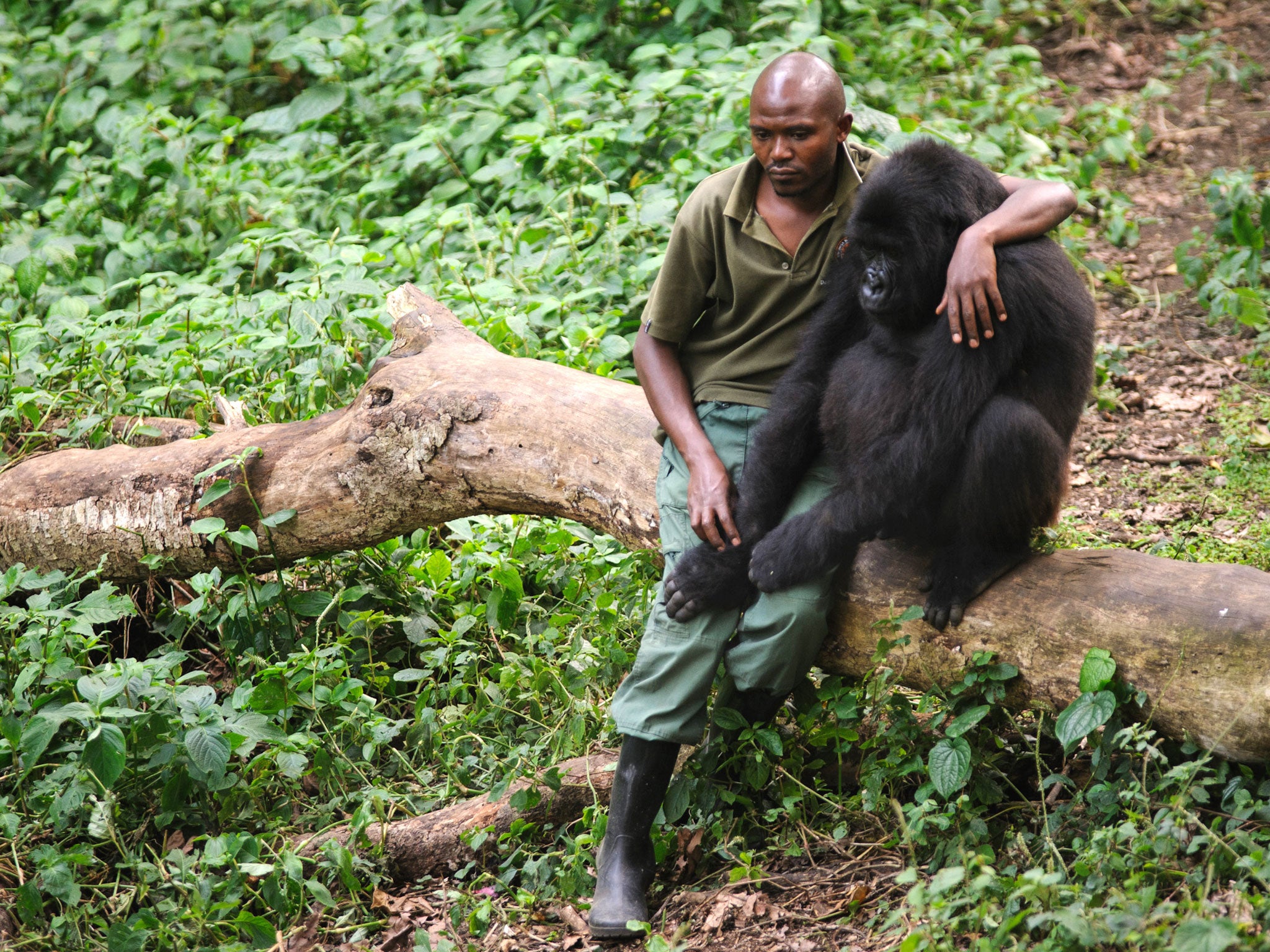Mike Unwin: Too late to be a purist over The Not-Really-WildShow
Something to Declare

Your support helps us to tell the story
From reproductive rights to climate change to Big Tech, The Independent is on the ground when the story is developing. Whether it's investigating the financials of Elon Musk's pro-Trump PAC or producing our latest documentary, 'The A Word', which shines a light on the American women fighting for reproductive rights, we know how important it is to parse out the facts from the messaging.
At such a critical moment in US history, we need reporters on the ground. Your donation allows us to keep sending journalists to speak to both sides of the story.
The Independent is trusted by Americans across the entire political spectrum. And unlike many other quality news outlets, we choose not to lock Americans out of our reporting and analysis with paywalls. We believe quality journalism should be available to everyone, paid for by those who can afford it.
Your support makes all the difference."Wild? I was absolutely livid!"
So protests Rowan Atkinson's Gerald the Gorilla to Mel Smith's Professor Fielding in the classic Not the Nine O'clock News sketch, after Fielding claims that his ape prodigy, when captured, had been "completely wild".
We prize wildness highly. It explains why we fork out such hefty sums on looking for wildlife. The clue is in the name. It's not called "zoo-life". Neither – and here things get a little tricky – is it called "captive-bred-", "reintroduced-" or "radio-collared-life".
Today, you'd struggle to capture a "completely wild" Gerald. The mountain gorillas of Rwanda, for which tourists pay some US$750 (£470) a head for an hour's viewing, may have the freedom of the misty Virunga volcanoes, where they exist (and, doubtless, occasionally become livid) as ostensibly wild animals. But every individual in every troop is known to park rangers, who monitor their health and movements, and introduce them to the daily stream of tourists, upon whom the habituated apes now turn a gaze of supreme indifference.
So does this stage management spoil it? After all, the thrill of any wildlife watching – from badgers on your common to lions in the Serengeti – surely stems from a sense of sneaking a glimpse into an unfettered natural world, where wildlife does its own thing on its terms. The romantic in us resists the idea that every inch of our planet is mapped and tamed.
What's more, we crave authenticity. A wildlife sighting that results from human interference smacks of cheating. Hence the uproar when the Attenborough blockbuster Frozen Planet was revealed to have faked a scene of a "wild" polar bear birth, using a Dutch zoo and artificial snow.
But perhaps we're deluding ourselves. It is, sadly, no longer possible to wander into an uncharted jungle, like some latter-day Dian Fossey, and find a mountain gorilla that has never before clapped eyes on humankind. Those jungles have gone. And the gorillas would have gone with them, were it not for conservation and tourism.
The white rhino is another case in point. By 1895 this two-tonne herbivore had been reduced to fewer than 100 individuals in South Africa's KwaZulu-Natal. Conservationists pulled it back from the brink, built up its numbers and reintroduced it all over the place. A white rhino you now see anywhere else in Africa, from Kenya to Namibia, ultimately owes its existence to vets, helicopters and captive breeding programmes.
So is it really wild? And – even more important – can you count it on your list?
It's hard to be purist. Nobody wants to see goats tethered for tigers, yet we happily hang peanuts for great tits. If we accept that some artifice is required to get us safely to the wildlife – the flights, the spotlights, the anti-malarials – perhaps we should also accept the measures that keep the wildlife there. At least it's not behind bars. Meanwhile, we might just have to turn a blind eye to that ugly radio collar. Or remove it in Photoshop.
No doubt Sir David would offer words of wisdom. But, as Gerald protested to Professor Fielding: "Let's leave Dave out of this, shall we?"
Join our commenting forum
Join thought-provoking conversations, follow other Independent readers and see their replies
Comments